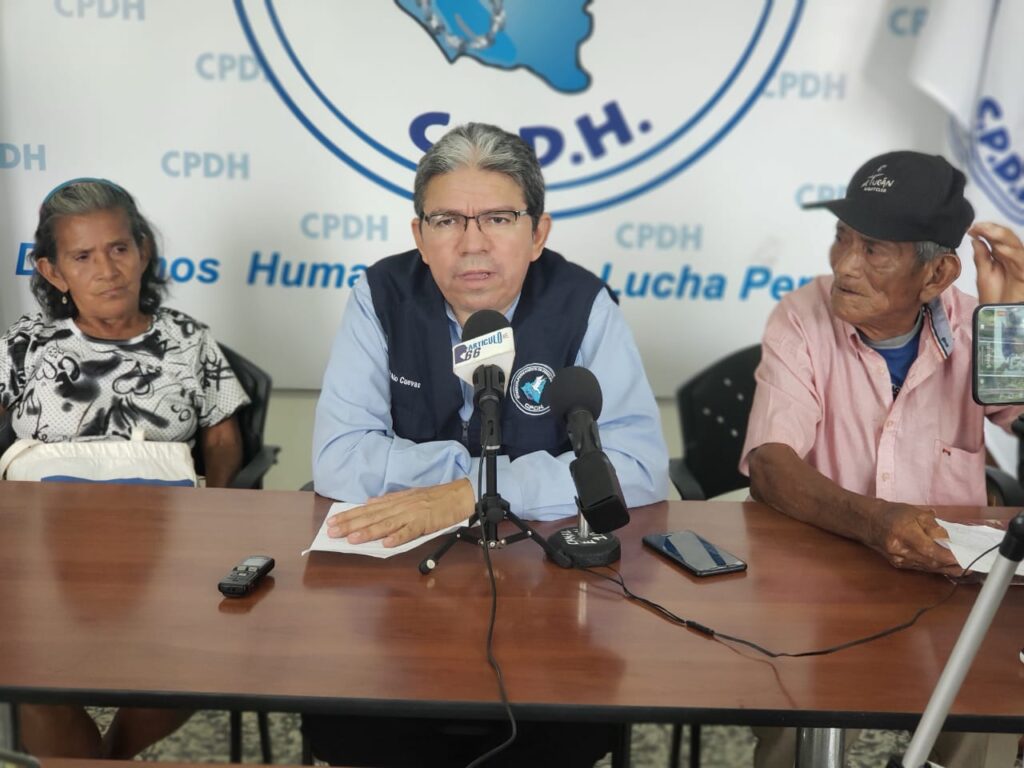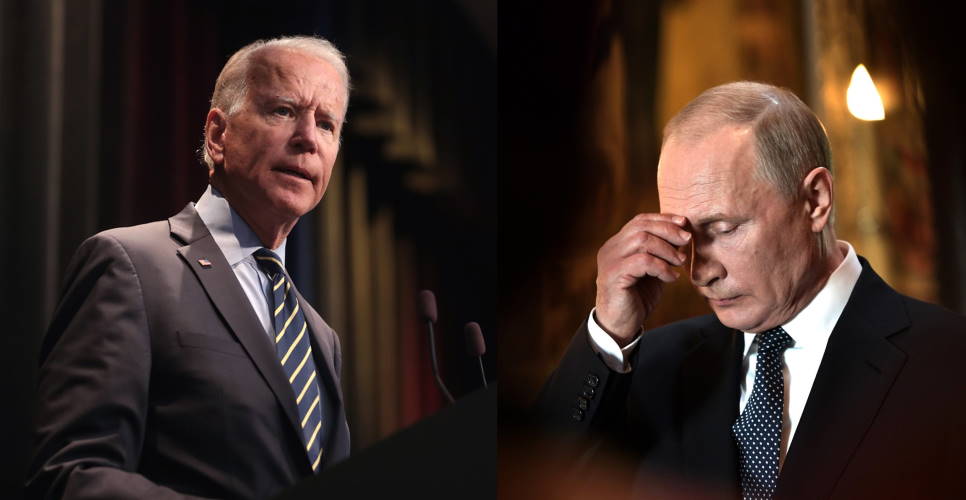AND
n April 12, the United Nations Committee against Enforced Disappearances (CED) published the report made from its visit to Mexico last November. Although this report went unnoticed on the media agenda due to the frenetic political agenda of recent weeks, the importance of the document deserves a careful look, especially regarding the results and recommendations presented by the group of experts.
The report gives an account of an extremely serious situation regarding disappearances in Mexico, as well as the severe institutional deficiencies for their prevention, attention, investigation, punishment and reparation. Although the CED welcomes and acknowledges the progress made in the regulatory and institutional framework for dealing with forced disappearances, it makes it clear that today the results are precarious given the magnitude of the problem.
Given this scenario, the CED calls on the Mexican government to develop a national policy for the prevention and eradication of enforced disappearances, with the purpose of addressing an agenda of 10 priorities set forth in the document, highlighting four essential conditions: recognition of the criteria of responsibility of public servants and the eradication of the structural causes of impunity; the abandonment of the approach of militarization of public security; the visibility, information and awareness of disappearances in Mexico, and the proper implementation of the regulatory, jurisprudential and institutional framework in the country.
After the presentation of the report, President López Obrador did not take long to discredit the report, accusing the UN of not acting in accordance with the truth and reproaching the group of experts for not seeing the abuses committed in the past, to later ensure, a once again, that in his government there is no longer impunity. With this hasty response, in which an ambivalent rhetoric is exhibited that is increasingly similar to that of previous six-year terms, everything suggests that unfortunately the government of the self-styled 4T is willing to miss the opportunity, and the historical duty to fully address the crisis. disappearance in our country.
López Obrador’s response inevitably reminds us of the statements made at the time by Enrique Peña Nieto to delegitimize Juan Méndez, then UN Special Rapporteur on torture, in the framework of the publication of the report of his visit to Mexico, in the that evidenced this practice as something generalized in the country; or Peña’s own subtle campaign to discredit the GIEI’s questioning of the call historical truth built to shelve the case of the disappearance of the 43 normalistas from Ayotzinapa. The current President’s rhetoric is also not very far from that used by Felipe Calderón and his obstinate rejection of the multiple condemnations of the military strategy to combat drug trafficking implemented during his six-year term; Even today, the former president maintains that the increase in intentional homicides, kidnappings, and disappearances that were observed since his mandate is due to the activity of organized crime and not to his militarization strategy; The same argument, by the way, to which López Obrador has resorted more than once in the face of the figures associated with the violence that have been accumulating during his term.
Yes, it is very true that the current administration inherited a structural problem that is difficult to deal with; however, the accumulated number of disappeared and not located in Mexico amounts to 99 thousand 110; of which 30 thousand 721 disappeared correspond to the current administration; this figure is already 95.8 percent higher than the same period of Peña’s six-year term.
The continued empowerment of the armed forces in the country remains a matter of concern; this time it has been underlined by the CED experts, who, in the aforementioned report, point out that the Sedena, the National Guard, and the Secretary of the Navy are among the authorities with the greatest presence in the files of alleged violations of human rights and recommendations in process registered by the CNDH.
We cannot ignore the fact that, five days after the publication of the report, Mexican society received the news of the unfortunate death, at the age of 95, of Mrs. Rosario Ibarra de Piedra, a great forerunner of the fight for human rights in the country. , who left behind a career of 45 years of brave and worthy search for his son Jesús Piedra Ibarra.
However, Rosario, like the thousands of parents and relatives who search for their disappeared in the country, deserve from the governments a true commitment for the justice that this entails, in the case of the López Obrador government, to reconsider and modify in depth the strategies until implemented today. The 4T could well begin by listening carefully, weighing and abiding by the recommendations published by the CED to address the problem of disappearance in the country. If it is not done, it will go down in history in the same block as the previous six-year terms, which we remember for having discredited international human rights organizations and the militarization of public security, contrary to what the most elementary dictate. democratic standards.

















